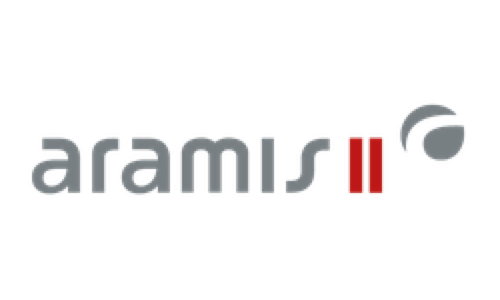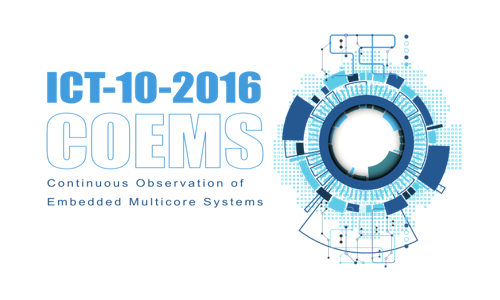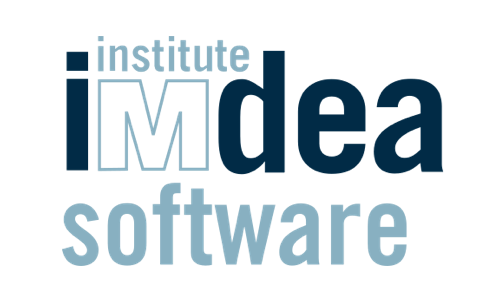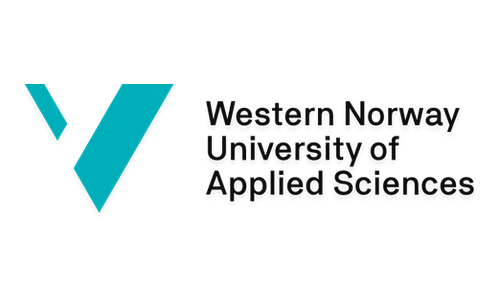Open-Source
Freely available, community driven open-source project.
Comfortable
Natural and short specification of expected behaviour with special support for Cyber-Physical-Systems.
Efficient
Executeable language with optimized backends for various tasks.
Datastream
Analysis
Efficient analysis of logs and online data streams.
Runtime
Verification
Toolchain for verification of system runs.
Semantic
Documentation
Formal specification of system behaviour.
in produce: Events[Unit]
in consume: Events[Unit]
def numProduce := count(produce)
def numConsume := count(consume)
def safe := numProduce - numConsume <= 2
Move the input events with the mouse to see how they effect the derived streams.
You can study more motivating examples in the TeSSLa Introduction to learn more about TeSSLa's features. If you want to dive deeper into TeSSLa you can find the detailed language overview and tutorials in our documentation.
TeSSLa has successfully been used and refined by multiple academic and industrial partners in national and international scientific research projects.

CONIRAS — Kontinuierliche nicht-intrusive Laufzeitanalyse von SoCs
www.coniras.org
ARAMIS II project
www.aramis2.org
COEMS – Continous Observation of Embedded Multicore Systems
www.coems.euTeSSLa is developed as a community-driven open source project. If you want to do research or contribute, join our project. More infos about participation can be found in our GitLab. You can also contact us by e-mail: info@tessla.io

IMDEA Software Institute
software.imdea.org
Institute for Software Engineering and Programming Languages, University of Lübeck
www.isp.uni-luebeck.de
Virginia Commonwealth University, College of Engineering
rampages.us/elks-decyps
Western Norway University of Applied Sciences
www.hvl.no